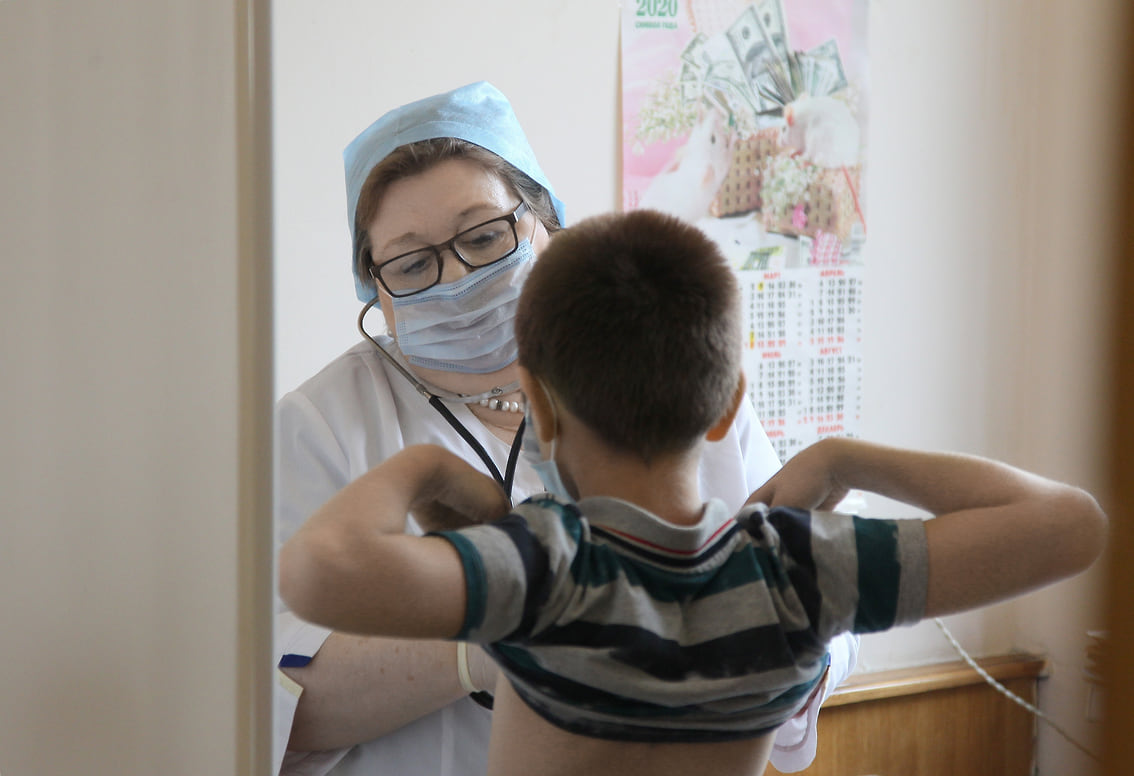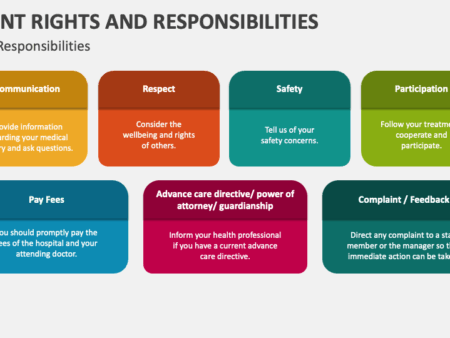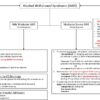Assessing Reproductive Health in Minors: New Procedures and Challenges
The Russian Ministry of Health has provided clarification on the upcoming procedures for assessing the reproductive health of children and adolescents. These new mandatory screenings, mandated by a departmental order, are set to begin on September 1, 2025. Examinations will be conducted in traditional children`s polyclinics and women`s health centers. For residents in remote and rural areas, access to these check-ups will be facilitated by mobile medical complexes, specifically outfitted with essential medical equipment and furnishings. However, medical experts express considerable skepticism regarding the successful implementation of these new checks, primarily due to an acute shortage of qualified midwives and pediatric urologists-andrologists. Representatives from the Ministry of Health have subtly acknowledged these staffing deficiencies.

The Ministry of Health`s newly enacted order, titled «On Approving the Procedure for Preventive Medical Examinations of Minors,» was a central topic of discussion at the all-Russian seminar «Russia`s Reproductive Potential: Versions and Contraversions» held in Sochi in September. Under the revised regulations, all children starting from six years of age will undergo an initial examination by either an obstetrician-gynecologist or a urologist-andrologist. Furthermore, adolescents over the age of 13 will receive regular, specialized examinations. Prior to these changes, specialists such as urologists and gynecologists were only involved in the general medical examination of minors from the age of 14.
In 2024, the Russian government launched a nationwide program offering free reproductive health assessments for citizens aged 18 to 49 as part of their routine medical check-ups. Following this, in late January 2025, President Vladimir Putin issued a directive to the Ministry of Health, tasking it with developing a comprehensive protocol for children`s medical examinations aimed at the earlier detection of potential reproductive health issues.
During her address at the conference, Victoria Sakharova, who serves as the Director of the Department of Medical Care for Children, Obstetrics, and Public Health at the Ministry of Health, provided specific details on how these new examinations will be carried out:
- She clarified that for six-year-olds, the process would constitute a «preventive check-up» rather than a full «reproductive medical examination in the direct sense.»
- For individuals aged 13 and above, the reproductive health screenings are designed to be more «in-depth» and comprehensive.
- These examinations will be conducted in designated «healthy child» offices, which operate within existing children`s polyclinics and women`s health centers.
- To serve remote and rural communities, mobile outreach complexes—specially adapted vehicles equipped with necessary medical apparatus and furniture—will be deployed for on-site examinations, bringing healthcare services closer to residents.
Ms. Sakharova further stated, «Currently, the national project `Protection of Motherhood and Childhood` has allocated funds for the acquisition of 356 such mobile complexes. These units will facilitate an outreach format, bringing medical care closer to children`s homes and, significantly, to their places of study. This model has already demonstrated considerable success in new territories.»
Expert Concerns and Implementation Challenges
Despite the comprehensive explanations offered by the Ministry of Health, a number of experts hold the view that the new screening program is likely to encounter substantial difficulties during its implementation.
Andrey Prodeus, the Chief Freelance Pediatric Allergist-Immunologist for the Moscow Region Ministry of Health, voiced significant skepticism regarding the program`s potential for successful execution. Drawing from his own extensive experience as part of mobile medical teams, he highlighted that the primary challenge lies in ensuring the «systematic nature» and sustained operation of these brigades. He argued that for regular examinations in this mobile format to be effective, dedicated permanent mobile units must be established; otherwise, the initiative risks becoming merely «paperwork.» Prodeus also pointed out a critical oversight: the current composition of these teams lacks allergists and immunologists, despite the high prevalence of allergies and other immunological conditions in childhood.
Viktor Radzinsky, Head of the Department of Obstetrics and Gynecology at RUDN University and an academician of the Russian Academy of Sciences, noted that many women`s health centers and feldsher-midwife stations (FAPs) currently lack the necessary «material and human resources» to effectively conduct such comprehensive examinations. This concern was echoed by Larisa Belotserkovtseva, Head of the Department of Obstetrics, Gynecology, and Perinatology at Surgut State University. She confirmed that in the Khanty-Mansi Autonomous Okrug, the vast majority of FAPs are staffed by nurses rather than qualified midwives who possess the expertise to perform reproductive health screenings. According to estimates by the Russian Society of Obstetricians and Gynecologists, Russia faces a significant shortfall of 8,500 to 11,500 midwives, which compounds the broader personnel deficit in this sector, alongside existing shortages of obstetrician-gynecologists and neonatologists.
Ms. Belotserkovtseva further indicated that the scarcity of specialists is even more pronounced among urologists-andrologists. «Even pediatric surgeons are few in polyclinics, let alone pediatric urologists-andrologists. These specialists urgently need to be trained,» she emphasized. Victoria Sakharova from the Ministry of Health acknowledged these challenges, conceding that successful implementation of the project would indeed necessitate the retraining of medical professionals, particularly mid-level medical personnel.











